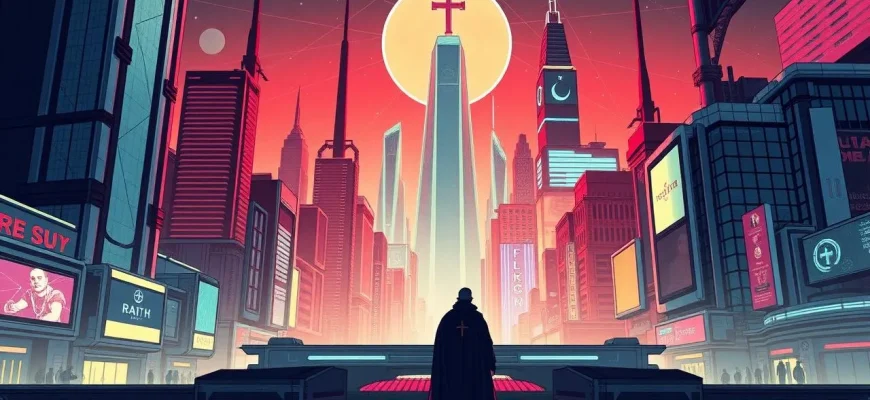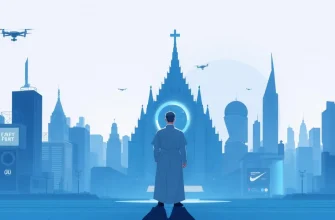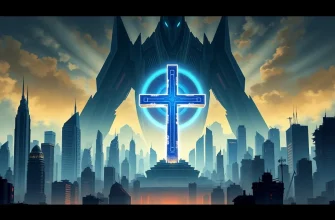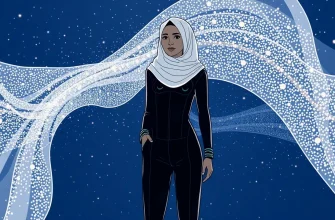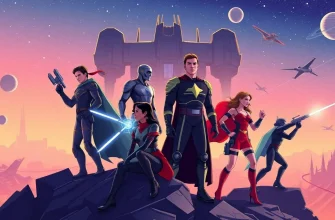Dive into a world where faith and technology clash in spectacular fashion. This curated list of sci-fi films delves into the complex themes of religious wars set in futuristic or alternate universes. From epic battles to philosophical dilemmas, these movies offer a unique perspective on how religion can shape the future of humanity. Whether you're a fan of action-packed blockbusters or thought-provoking narratives, this collection promises to engage and entertain.
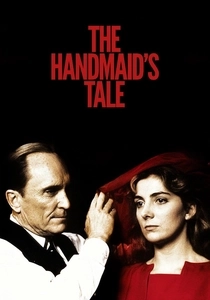
The Handmaid's Tale (1990)
Description: In a theocratic dystopia, fertile women are enslaved to repopulate a society ruled by religious zealots, showcasing the extreme consequences of religious governance.
Fact: The film was adapted from Margaret Atwood's novel, which has since inspired a popular TV series.
 Watch Now
Watch Now 
The Matrix (1999)
Description: While not explicitly about religious wars, the film's themes of control, freedom, and the nature of reality touch on religious and philosophical conflicts, making it a fitting inclusion.
Fact: The Wachowskis drew inspiration from various religious texts, including the Bible, Buddhism, and Gnosticism.
 Watch Now
Watch Now 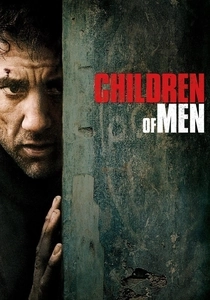
Children of Men (2006)
Description: Set in a world where humans can no longer reproduce, the film explores themes of faith, hope, and the struggle for survival, with religious undertones in the backdrop of societal collapse.
Fact: The film was shot in London, and many scenes were filmed during actual protests to capture the chaos of the setting.
 Watch Now
Watch Now 
A.I. Artificial Intelligence (2001)
Description: This film explores themes of creation, purpose, and the quest for love, with religious undertones in the journey of a childlike android seeking to become "real."
Fact: The project was originally conceived by Stanley Kubrick and later completed by Steven Spielberg.
 Watch Now
Watch Now 
Equilibrium (2002)
Description: In a dystopian future where emotions are outlawed to prevent war, a cleric begins to question the regime after discovering art and religion. The film explores the clash between a totalitarian government and the resurgence of religious fervor.
Fact: The film was inspired by Ray Bradbury's "Fahrenheit 451" and Aldous Huxley's "Brave New World."
 Watch Now
Watch Now 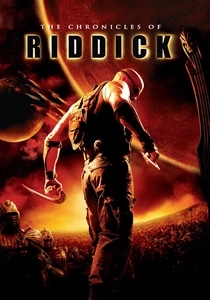
The Chronicles of Riddick (2004)
Description: Riddick, a fugitive, becomes the key to saving humanity from a religious sect known as the Necromongers, who seek to convert or destroy all in their path.
Fact: The film was initially conceived as a direct-to-video release but was upgraded to a theatrical release due to fan demand.
 Watch Now
Watch Now 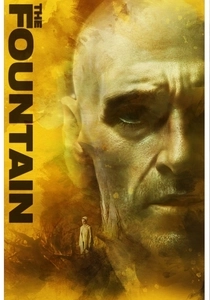
The Fountain (2006)
Description: Spanning centuries, this film intertwines stories of love, loss, and the quest for immortality, with religious themes of creation and the afterlife.
Fact: Darren Aronofsky wrote the script in his early twenties, and it took him over a decade to bring it to the screen.
 Watch Now
Watch Now 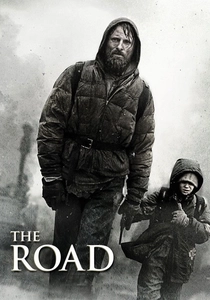
The Road (2009)
Description: While not directly about religious wars, the film's exploration of survival, morality, and the remnants of faith in a post-apocalyptic world resonates with themes of spiritual conflict.
Fact: The film was shot in locations that were chosen to reflect the bleakness of the story, including the barren landscapes of Pennsylvania and Oregon.
 Watch Now
Watch Now 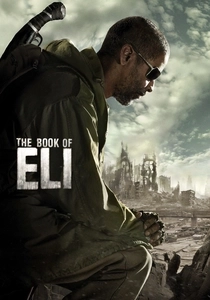
The Book of Eli (2010)
Description: In a post-apocalyptic world, a lone warrior carries a book that holds the key to humanity's survival, sparking a battle over its possession, highlighting the power of faith and scripture.
Fact: The film was originally conceived as a Western but was transformed into a post-apocalyptic setting.
 Watch Now
Watch Now 
The Adjustment Bureau (2011)
Description: A man discovers that his life is being manipulated by a mysterious group with religious-like authority, leading to a battle for free will and destiny.
Fact: The film is based on a short story by Philip K. Dick, known for his explorations of reality and identity.
 Watch Now
Watch Now 
